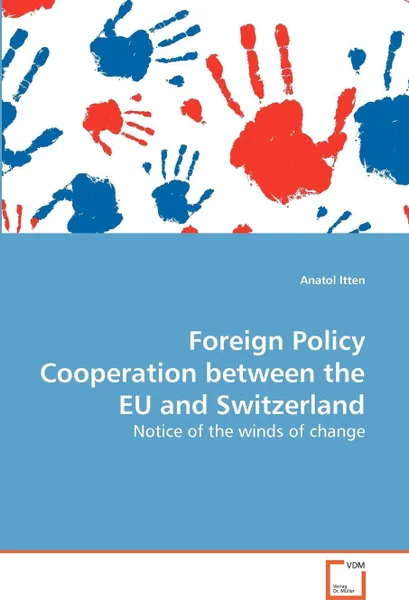Foreign Policy Cooperation between the EU and Switzerland 12+
Автор: Anatol Itten
2010
112 страниц
Категория: Научная литература
ISBN: 9783639285864
Язык: Английский
📗 In the past two decades, the European Union and Switzerland have experienced far-reaching developments in their foreign policies. The EU has turned its foreign policy from a loose gentlemen's club into a substantive instrument, drawn upon a legal basis. But also Swiss foreign policy has undergone considerable transformations, which are depicted in the diminishing relevance of neutrality and the increasing importance of international cooperation. This study digs into the EU-Swiss cooperation in peace support operations, conflict resolution, arms control- and armament policy, sanction policy and activities within international organisations. Thereby, it explains why foreign policy cooperation came about despite Switzerland's neutrality and non-membership in the European Union. The results of this study further diagnose that Swiss foreign security and peace policy is increasingly determined directly, as well as indirectly from EU's foreign policies. Thus, many foreign policy experts advise Switzerland to better adjust its policies towards the European development. Only with such a strategy, Switzerland is able to contribute an added value to European and international peace building.
Мнения
